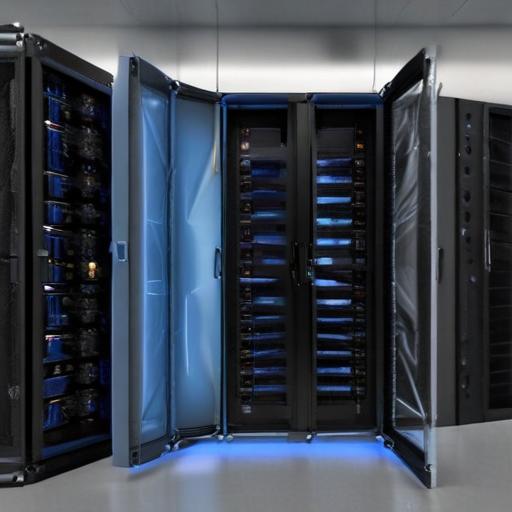Meta’s Richland Parish Data Center faces a high-stakes energy test as Louisiana regulators near a decision
The planned $10 billion Richland Parish Data Center, a flagship project for Meta that would sit on the 2,250-acre former Franklin Farm site about 30 miles east of Monroe, is fueling a clash over how best to power future tech infrastructure in north Louisiana. Entergy Rural Electric Cooperative has asked the Louisiana Public Service Commission to accelerate its review, with a reconvened hearing set for August 20, a move critics say could trim public scrutiny and raise questions about the state’s energy resilience.
The utility has publicly supported building three new gas-fired power plants and accompanying distribution upgrades to supply the center’s electricity needs. Meta has indicated it would cover less than half the long-term operating costs of the new plants. The project’s cost, scale, and energy requirements have drawn sharp scrutiny from environmental and consumer groups who warn that moving too quickly could overlook important considerations.
Critics paint a stark picture of the infrastructure footprint. The Union of Concerned Scientists estimates the proposed gas-fired facilities would cover an area roughly the size of 70 football fields and would consume about three times the electricity used annually by the entire city of New Orleans. The Alliance for Affordable Energy argues the mega data center could strain an electric grid already under pressure. A recent Louisiana Legislative Auditor’s report, Louisiana’s Electric Profile, concluded that residents face one of the nation’s less reliable grids while paying electric bills well above the national average.
Supporters, however, frame the project as an economic milestone. Governor Jeff Landry has called the data center a turning point for Louisiana, highlighting the potential for 500 or more direct jobs, about 1,000 indirect jobs, and up to 5,000 construction jobs. Proponents also point to Meta’s investment in a major tech hub, potentially signaling a broader wave of data economy development for the state.
Context from regional data shows growing data center activity elsewhere in the region. The U.S. Census Bureau notes that data center employment in neighboring Arkansas more than doubled between 2016 and 2023, underscoring a broader national trend toward large-scale digital infrastructure.
What to watch next
– The Louisiana Public Service Commission’s timetable for approving or adjusting the energy plan, including whether the gas plants and grid upgrades move forward as proposed.
– The balance of public input and regulatory scrutiny given the scale of investment and potential environmental and grid reliability impacts.
– The long-term financial structure of the project, including Meta’s contributions versus public utility costs and any state-backed incentives.
– How grid upgrades, if approved, might affect reliability and electricity prices for residents across the state.
Additional context and analysis
– The project positions Louisiana as a competitive site for major data facilities, leveraging a strategic location and a growing appetite for AI-enabled infrastructure. Yet it also spotlights the challenges of expanding fossil-fuel-based power generation in a state where regulatory bodies and watchdog groups emphasize reliability and affordability for ratepayers.
– If approved with robust safeguards and transparent oversight, the Richland Parish Data Center could become a catalyst for regional economic activity. Conversely, a rushed process without thorough environmental and grid-impact assessments could heighten concerns about long-term costs and resilience.
In short, the Richland Parish Data Center project sits at the intersection of ambitious economic development and critical energy infrastructure choices. As regulators review the plan, the coming weeks will likely shape not only Meta’s ambitions but Louisiana’s approach to balancing innovation with grid reliability and consumer interests.
